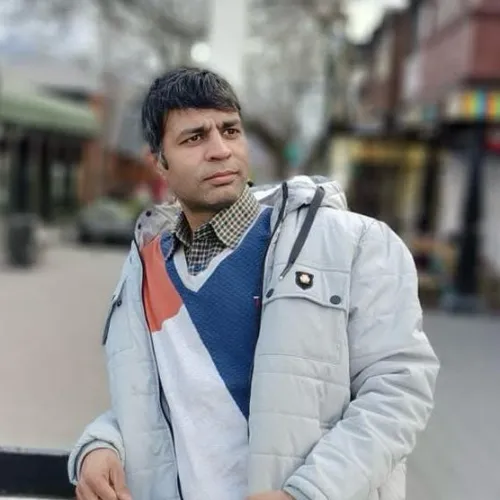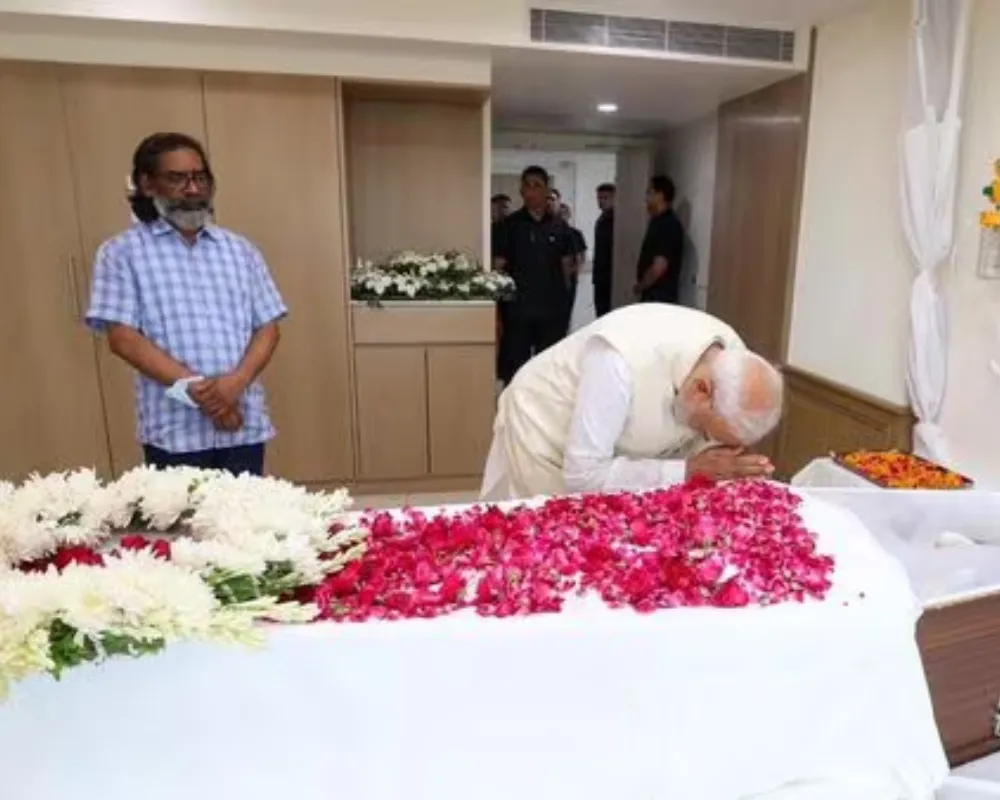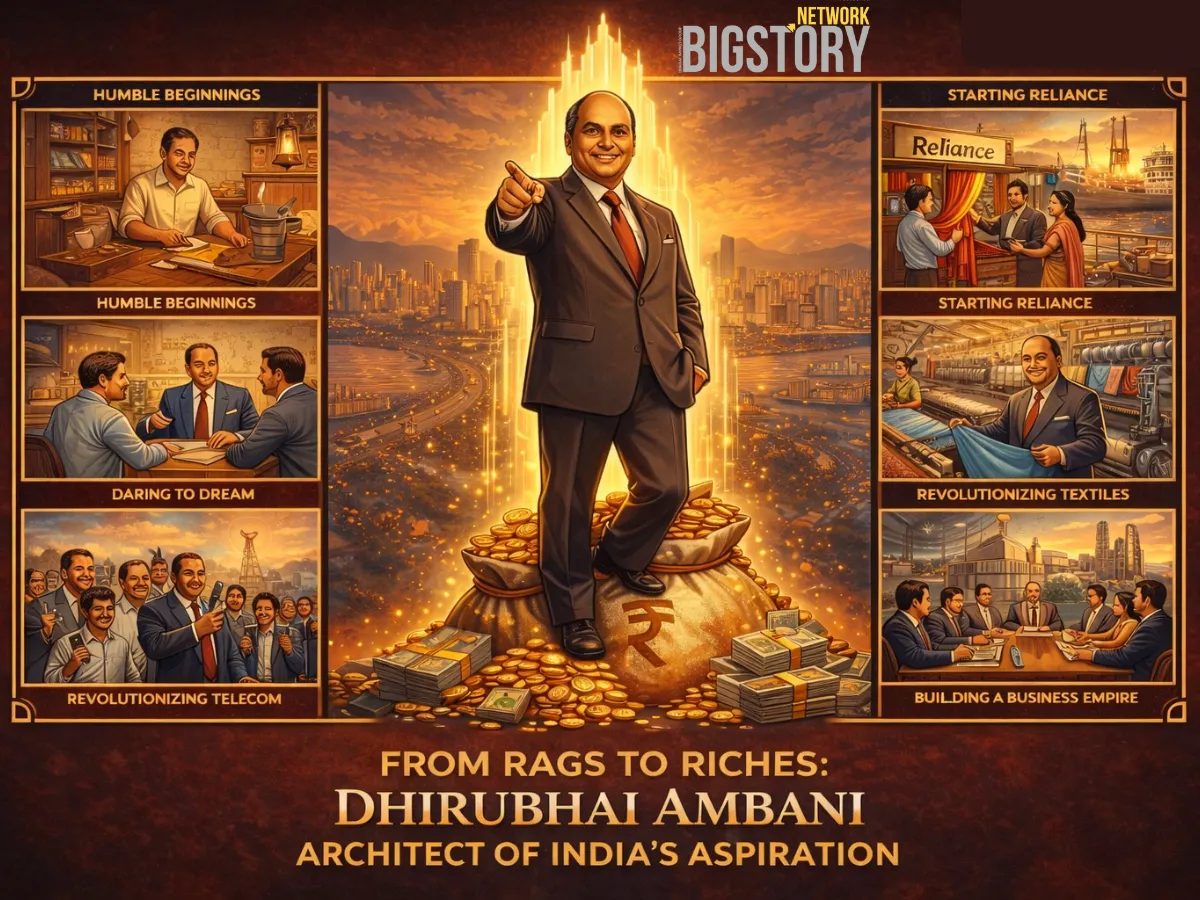Shibu Soren, JMM founder and champion of tribal rights, dies at 81; tributes flow for the ‘Dishom Guru.’
 Manish Saini
Manish Saini

On August 4, 2025, Indian politics lost one of its most influential voices as Shibu Soren, the founding leader of the Jharkhand Mukti Morcha (JMM) and a three-time Chief Minister of Jharkhand, passed away at the age of 81. Known affectionately as ‘Dishom Guru’ or the ‘Leader of the People’ in Santhali, Soren was more than just a politician—he was a symbol of the struggle for tribal identity, dignity, and social justice in India.
Born in 1944 in Nemra, Hazaribagh (now in Jharkhand), Shibu Soren grew up witnessing the marginalization of his Santal tribal community. Losing his father to feudal violence at a young age, Soren’s resolve to fight for his people was shaped early. By the late 1960s, he emerged as a leader of peasants and adivasis, mobilizing campaigns against exploitation by landlords, moneylenders, and police.
Soren’s real political journey began in the early 1970s when he founded the Jharkhand Mukti Morcha. The party rallied adivasis and local communities around issues of land alienation, forced labour, and the demand for a separate Jharkhand state. Under his leadership, JMM not only raised the political consciousness of the region but spearheaded mass mobilizations that would, after decades, culminate in Jharkhand’s formation in 2000.
Soren’s journey from street protests to Parliament reflected his adaptability and vision. First elected to the Lok Sabha in 1980, he was consistently re-elected, representing the voice of Jharkhandi aspirations at the national level. He briefly served as Union Coal Minister, where he advocated for tribal rights and environmental justice, though his tenure was marred by controversies and legal battles.
Three times appointed Chief Minister, Soren’s terms in office showcased both the promise and complexities of regional governance. He prioritized land reforms, affirmative action, and welfare programs for tribals. Supporters credit him with consistently pushing tribals’ interests onto the national agenda; critics, however, point to persistent issues of corruption and administrative inefficiency under his rule. His government sometimes struggled with stability, coalition politics, and the transition from grassroots activism to institutional governance.
Soren’s career was controversial: he faced charges in landmark cases, including his conviction and subsequent acquittal in the 1993 murder of his personal secretary. Despite legal troubles and repeated jail terms, his political appeal among Jharkhand’s tribal population rarely waned. His ability to stage comebacks and form crucial alliances—sometimes with ideological rivals—demonstrated his political astuteness.
In his last years, Soren struggled with prolonged illness, particularly kidney ailments, and took a step back from active politics. His son, Hemant Soren, succeeded him as JMM leader and Chief Minister of Jharkhand, continuing the family’s influence. On his passing, condolences poured in from all political spectrums, with Prime Minister and opposition leaders acknowledging Soren’s role in empowering India’s neglected communities.
Shibu Soren will be remembered as an enduring icon of tribal pride—a leader who endured pain and controversy to realize a state for his people. He gave voice to those who felt voiceless and made India reckon with questions of identity and representation. For the adivasis of Jharkhand, he remains both a symbol of hope and an architect of their future.
National flags were flown at half-mast across Jharkhand on his passing, and thousands turned out to pay their respects. “We have lost a father, a leader, and a guide,” his son Hemant declared, echoing the sentiments of a state in mourning. Analysts and historians have already begun to reassess Soren’s contributions, situating him among the central regional leaders who reshaped India’s post-independence federal landscape.
Shibu Soren’s life encapsulates the transition of India’s tribal movements from protest to power, with all its attendant virtues and contradictions. His death marks the end of a crucial chapter in Jharkhand’s, and India’s, history—a chapter defined by struggle, resilience, and the relentless pursuit of justice for the most marginalized






Sign up for the Daily newsletter to get your biggest stories, handpicked for you each day.
 Trending Now! in last 24hrs
Trending Now! in last 24hrs